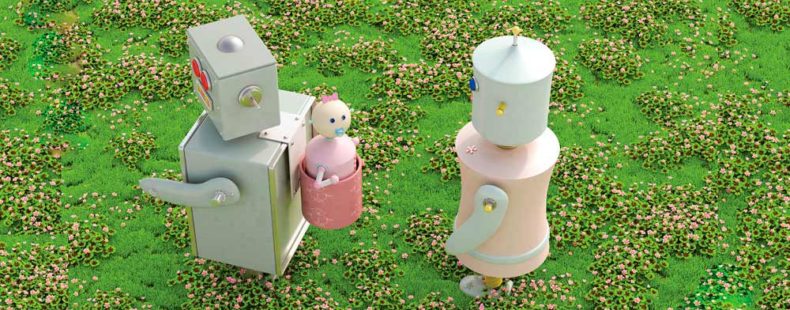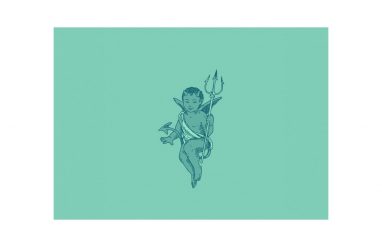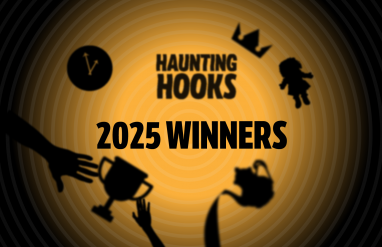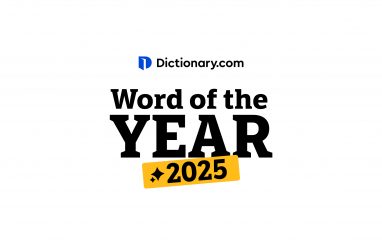“Baby needa burpie?! Yeees?? [burp] Oh! WHOOOZa good baby? YOU are! Yeeesssssyouare!”
Whether you find this adorable or aggravating, gaggles of parents around the world speak to their infants in singsong “goos” and “gahs.” The style has diverse names, from baby talk and motherese (but what about Dad?) to the neutral and more official-sounding child- or infant- directed speech.
Whatever you choose to call it, it’s nearly universal. Parents across the Americas, the Middle East, Asia, and Europe all speak like babies to their babies—a hefty indicator that baby talk has important functions.
Before we get into some reasons to talk “baby,” a note to fan the flames of parental one-upmanship: whether you choose to “googah,” or talk about the stock market, your choice of linguistic register isn’t going to boost or squash your baby’s gift of gab. Put Baby in a corner, and she’s still going to learn to speak, as long as her corner is in a room where she hears language. The key to language development is exposure. But for social development, don’t put Baby in a corner!
Now, let’s look at those burbles and gurgles and how baby talk, (ahem) infant-directed speech can benefit Baby.
Before Baby’s Born
Language development begins before birth. By the third trimester, Baby’s ears are sufficiently developed to hear voices through the womb. Words mean nothing to her. But she’s hearing the cadences and rhythms of the language she’ll learn and use all her life.
Babbling (The Gurgles and Burbles)
After Baby’s born, she’s babbling, making nonsense sounds. For the first 6 months she’s exploring her mouth, lips, and tongue. She’ll “oooo” and “aaaa” and gurgle. Her first real words come between 13-18 months, and buddy, she’s primed. By age 2, she learns as many as nine words a day!
Baby Talk Benefits
As Baby develops, Mom and Dad use baby talk to engage with her. There are many benefits of “speakie-weakies,” and here are three of them, along with some of the major features Mom and Dad use.
1. Educational Benefits
Exaggerated pronunciation, speaking slowly, and overemphasizing help Baby hear where one word ends and another begins. This aids her recognition and acquisition of words over time. Baby’s first word is likely to be one she hears isolated from other speech sounds, like “bottle” (maybe “ba” at first), “dada,” or “mama.” Repetition of words is also key; the more Baby hears them, the more likely those will be the words she says first.
Reduplicated sounds, like “choo choo” or “wa wa” enable Baby to identify things like “train” and “water,” words that are too hard for her little mouth to pronounce. She can’t use the word “train” but she has an easier substitute. She’s learning that a train is “something” and that the world is full of “somethings” with unique names.
2. Attentional & Emotional Benefits
Mom and Dad know that a higher-pitched singsong intonation demonstrates affection (they use it with each other – and Spot – all the time), but it’s also key to getting and keeping Baby’s attention. Studies show that babies prefer higher-pitched utterances to monotone; they pay more attention to speech (even though they may not understand it) if it comes out sounding like Elmo, not Professor Dud.
3. Social Benefits
Before Baby even learns her first “ga,” she learns that communication is interactive. Mom and Dad pose questions frequently, even ones they know Baby can’t answer—because they’ll answer for her (the only time that’s not considered rude!). They demonstrate what “socializing” means by showing Baby that conversations continue when answers follow questions.
When Baby’s a little older, and uses words for sentences (where “cookie” + [reach] means “I want the cookie in your hand”), her parents will often form equally simplified sentences (“Baby want toy?”). Sometimes they’ll even use Baby’s inventive vocabulary (“Oh! Baby wants doo da!)” They want to encourage and facilitate her interaction and so they’ll mimic Baby, using sounds she makes.
No matter your view, baby talk has its place.
Infants prefer it to boring monotones, and they pick up on emotions and language patterns more easily. So here’s to bwinging up Baby!










